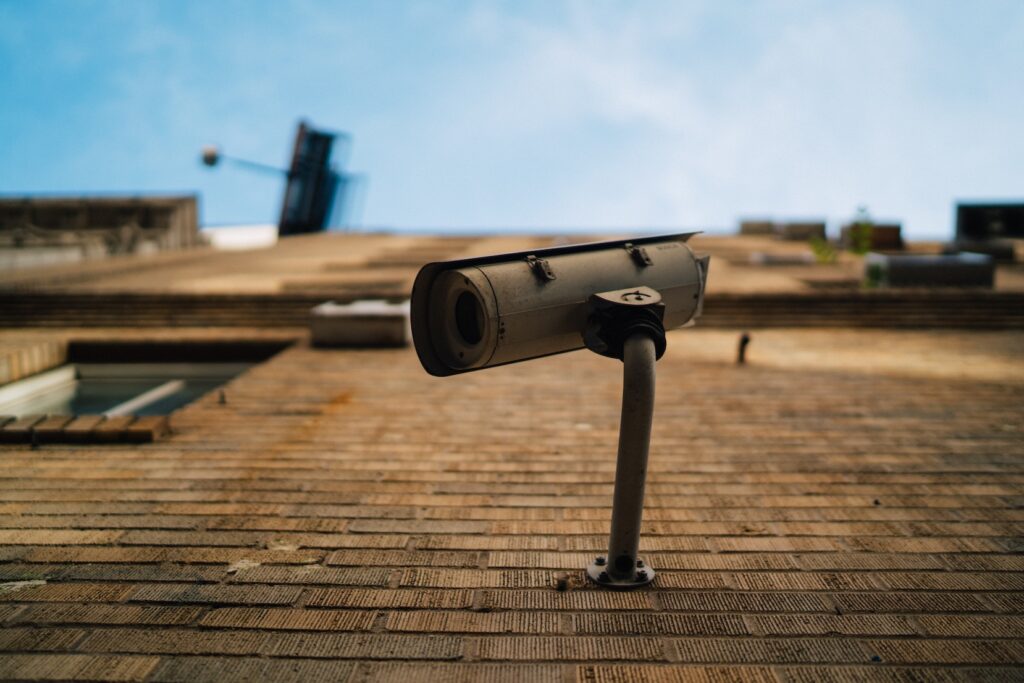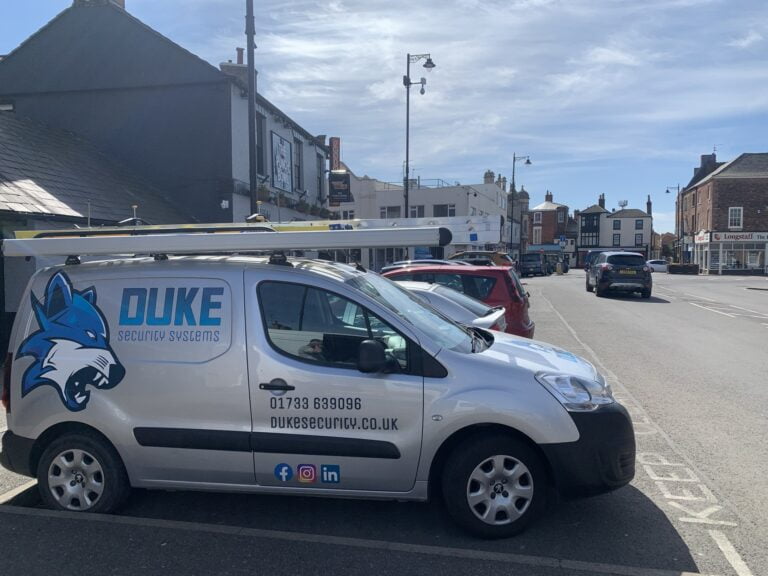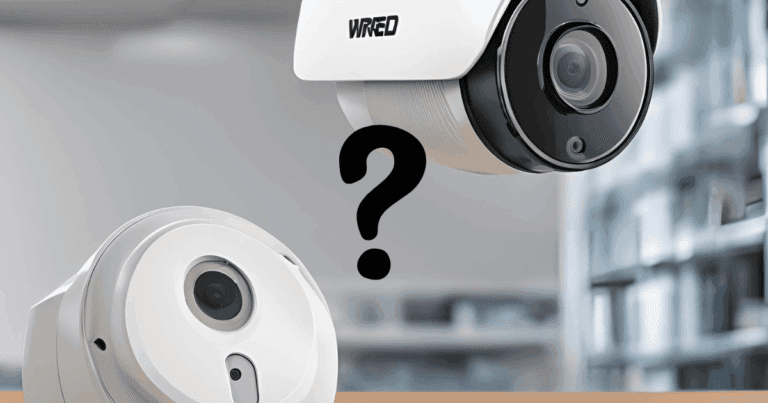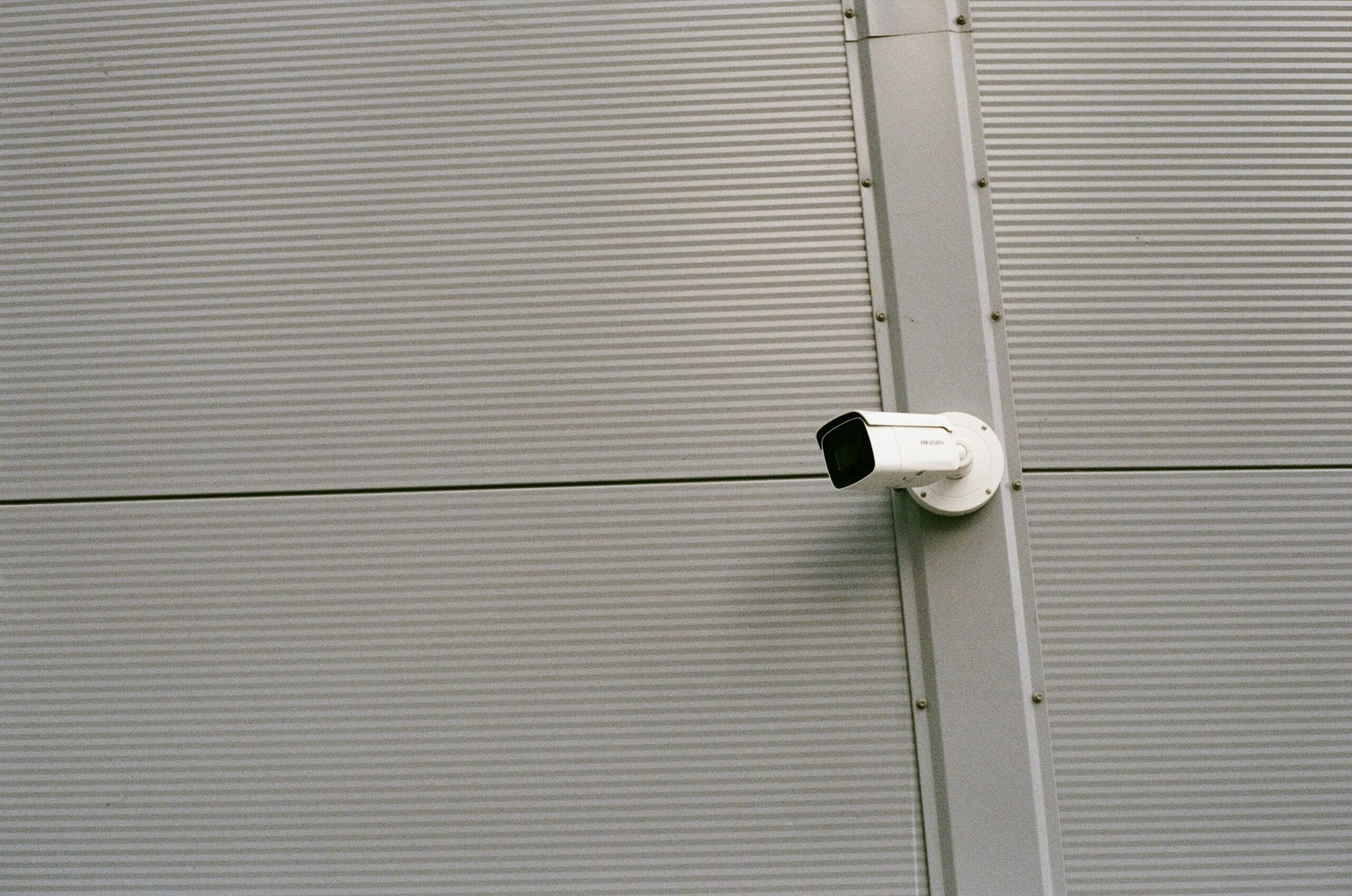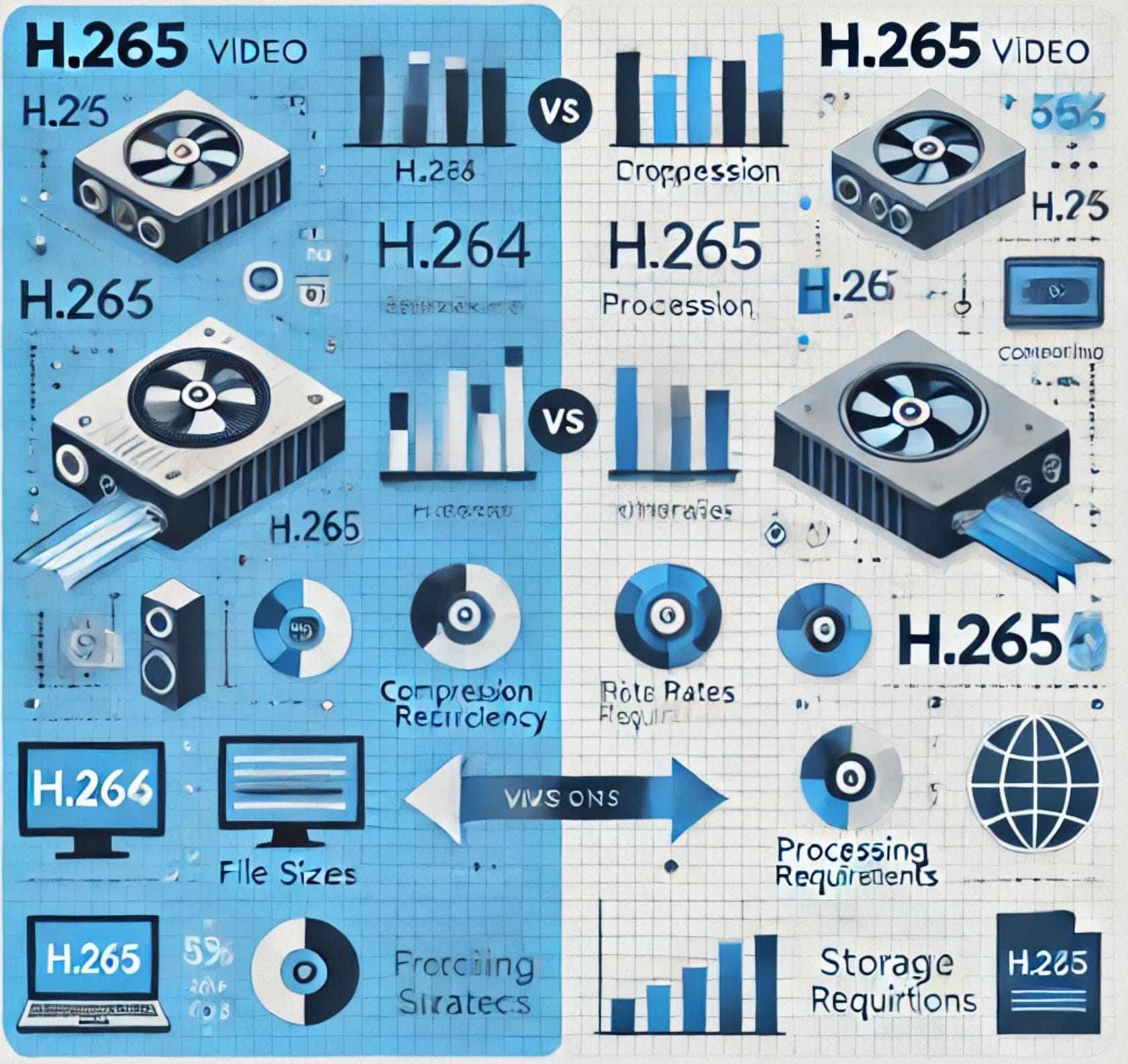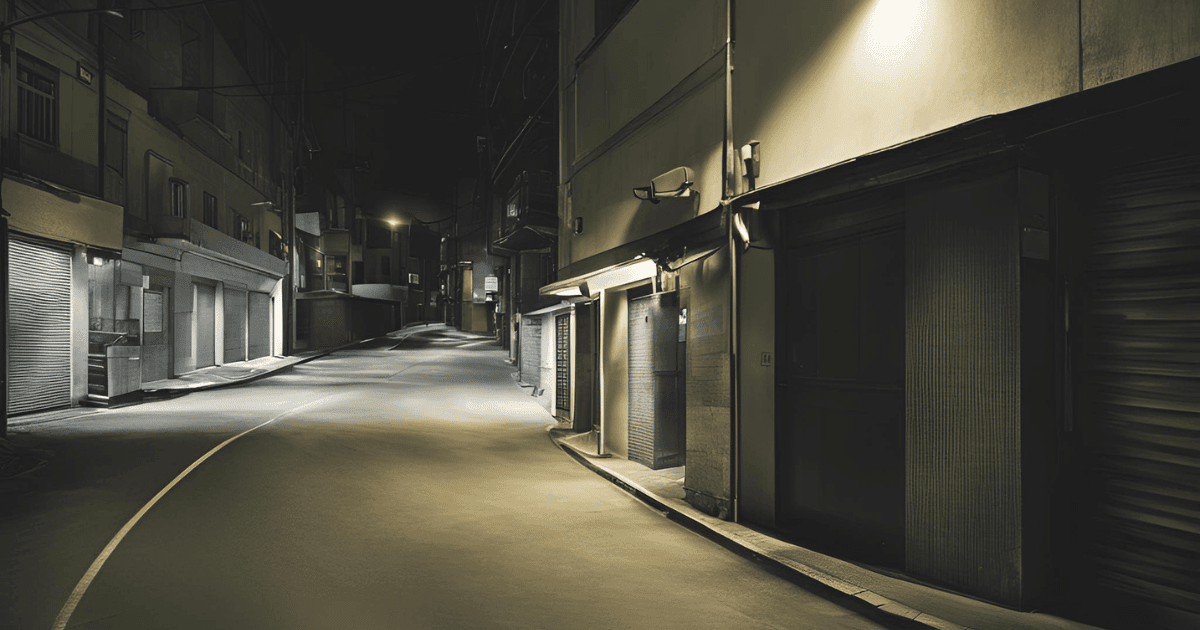The Ultimate Guide to CCTV Camera Placement and UK Laws: Stay Legal and Secure
Installing a CCTV system is one of the most effective ways to protect your home or business, deterring crime and providing vital evidence when needed. However, incorrect camera placement and failure to comply with UK laws can lead to disputes, fines, or even legal action. In this guide, we’ll cover the best practices for CCTV placement, what you can and can’t record, and some of the key legal issues surrounding CCTV use. By the end, you’ll see why professional installation from Duke Security is the safest option.
Best Practices for CCTV Camera Placement
A well-positioned CCTV system can make all the difference in preventing crime and capturing crucial footage. Here are some key placement tips:
1. Cover Key Entry Points
Position cameras near doors, windows, and driveways to monitor access points where intruders may enter. The goal is to have a clear view of anyone approaching the property.
2. Avoid Blind Spots
Ensure cameras have an unobstructed view of the areas you want to cover. Check for obstructions like trees, walls, or objects that could block the field of vision.
3. Use Proper Height and Angles
Mount cameras at a height that prevents easy tampering while ensuring faces and number plates are clearly visible. Around 8-10 feet high is generally ideal.
4. Cover Valuable Assets
For businesses, place cameras inside the premises covering high-value items, cash registers, and storage areas. For homes, consider internal cameras for added security.
5. Consider Night Vision and Lighting
Many crimes happen at night, so investing in cameras with infrared night vision or ensuring good external lighting will improve footage quality.
6. Respect Privacy
This brings us to the legal aspect of CCTV. Your cameras should not point into neighbours’ gardens, public areas, or other private property where individuals have a reasonable expectation of privacy.
UK CCTV Laws: What You Can and Can’t Record
CCTV in the UK is regulated by the Information Commissioner’s Office (ICO) under the Data Protection Act 2018 and the UK General Data Protection Regulation (UK GDPR). Here’s what you need to know:
Domestic vs. Commercial CCTV Rules
Domestic Use: If you’re using CCTV for home security and it only captures your property, UK data protection laws do not apply.
Capturing Public Spaces/Neighbouring Property: If your cameras record beyond your property boundaries, you become a data controller under the UK GDPR. This means you must comply with data protection laws, including notifying individuals that they are being recorded.
Business Use: Any business using CCTV must comply with the ICO’s CCTV Code of Practice, which includes clear signage, controlled access to footage, and compliance with GDPR regulations.
Your Responsibilities Under UK GDPR
If your cameras capture areas outside your property:
You must inform people they are being recorded (clear signage is required).
You must not use footage for any purpose other than security.
You must store data securely and only keep it for a reasonable period.
You must not share footage unless required by law (e.g., providing evidence to the police).
Failure to comply can result in complaints, ICO investigations, and even fines.
Legal Disputes and CCTV Complaints
Neighbour Disputes
One of the most common issues with home CCTV installations involves disputes between neighbours. If a neighbour feels their privacy is being invaded, they can file a complaint with the ICO. In many cases, the ICO may ask you to adjust your cameras or remove footage that unnecessarily invades privacy.
How to Avoid Disputes:
Inform your neighbours before installing cameras that might overlook shared spaces.
Adjust angles so they focus only on your property.
Use privacy masking features on modern CCTV systems to block out restricted areas.
ICO Investigations and Fines
Businesses and homeowners who fail to comply with CCTV laws can face ICO enforcement action. This can include orders to remove cameras, fines, or even legal action if footage is misused.
For example, in 2021, a man in Oxfordshire was ordered to remove his Ring doorbell camera after a court ruled it breached a neighbour’s privacy rights. The court found that the camera recorded audio at an excessive range, violating GDPR regulations. (Source: BBC News)
CCTV Footage as Legal Evidence
On the flip side, CCTV footage can be invaluable in criminal cases. UK police often use CCTV footage as evidence in investigations, and many businesses successfully reduce crime by having professionally installed systems. However, for footage to be admissible, it must be time-stamped, stored securely, and not tampered with.
Why Choose Duke Security for CCTV Installation?
At Duke Security, we ensure your CCTV system is not only effective but also fully compliant with UK law. Here’s why our professional installation is the safest option:
✔ Expert Placement – We know where to position cameras for maximum coverage without breaking privacy laws.
✔ Legal Compliance – Our installations comply with ICO regulations, UK GDPR, and Data Protection laws to prevent disputes.
✔ High-Quality Equipment – We install high-resolution cameras with night vision, remote access, and privacy masking features.
✔ Secure Data Handling – We ensure footage is stored safely and access is restricted to authorised individuals only.
✔ Ongoing Support – Need help adjusting angles, setting up motion alerts, or retrieving footage? We’re here to assist.
Final Thoughts
A well-installed CCTV system is an excellent investment in security, but it’s essential to get it right legally. Whether you’re protecting your home or business, ensuring proper placement and compliance with UK laws will save you from legal headaches down the line. Don’t risk fines or disputes—let Duke Security handle your CCTV installation professionally and legally.
📞 Call us today on 01733 639096 or visit www.dukesecurity.co.uk for expert advice and hassle-free installation.
Useful Links:
ICO CCTV Guidance: https://ico.org.uk/for-the-public/cctv
UK Government Data Protection Laws: https://www.gov.uk/data-protection

